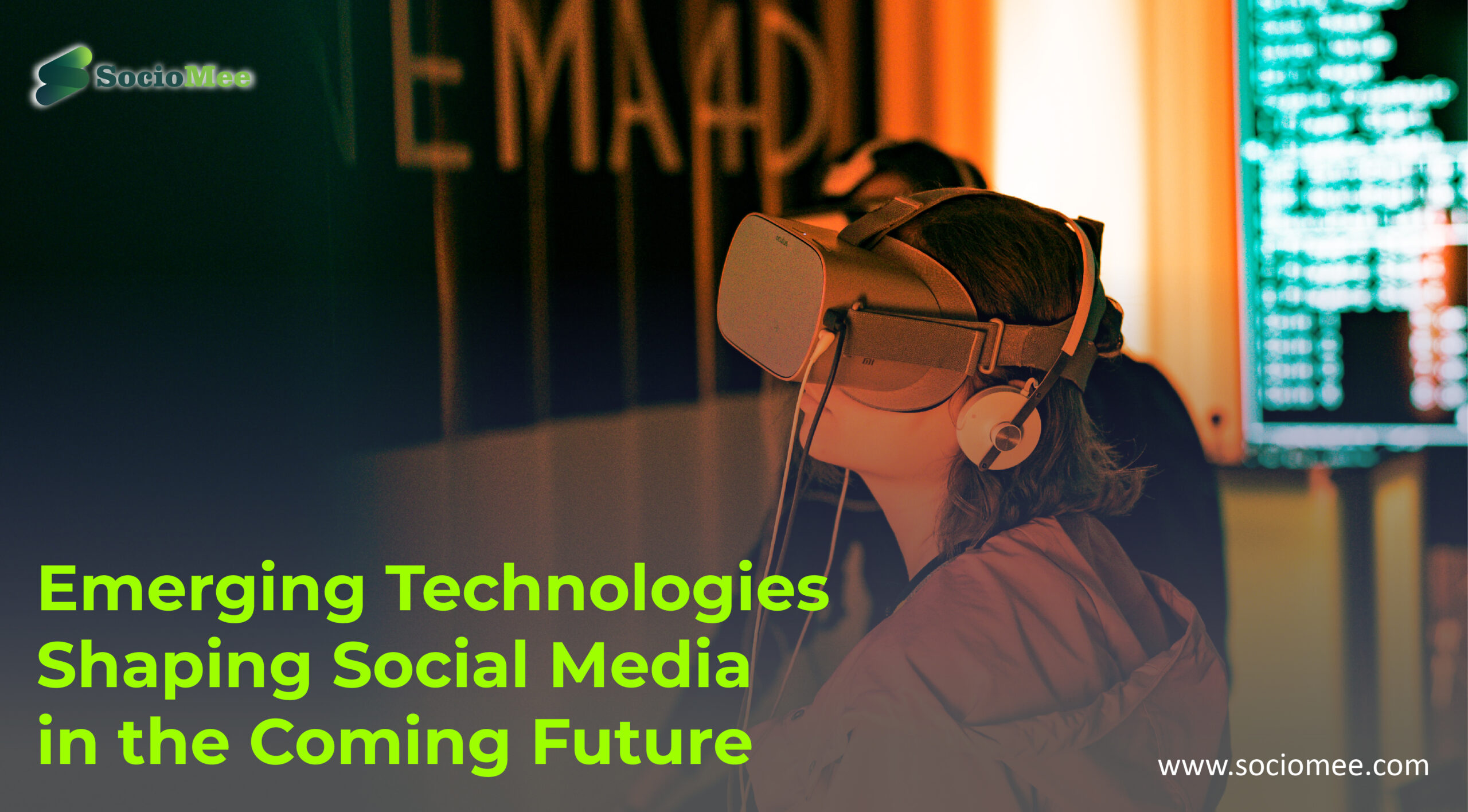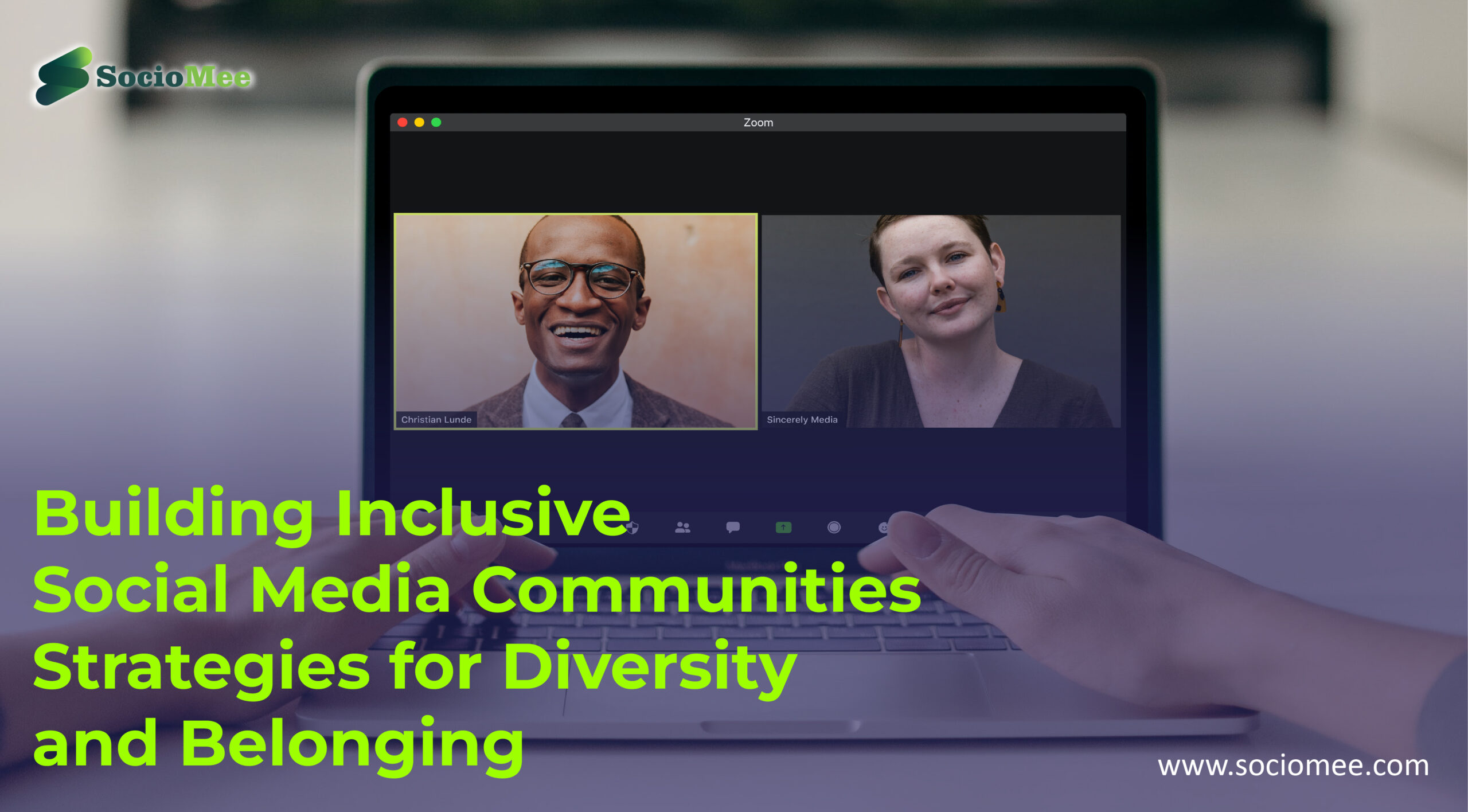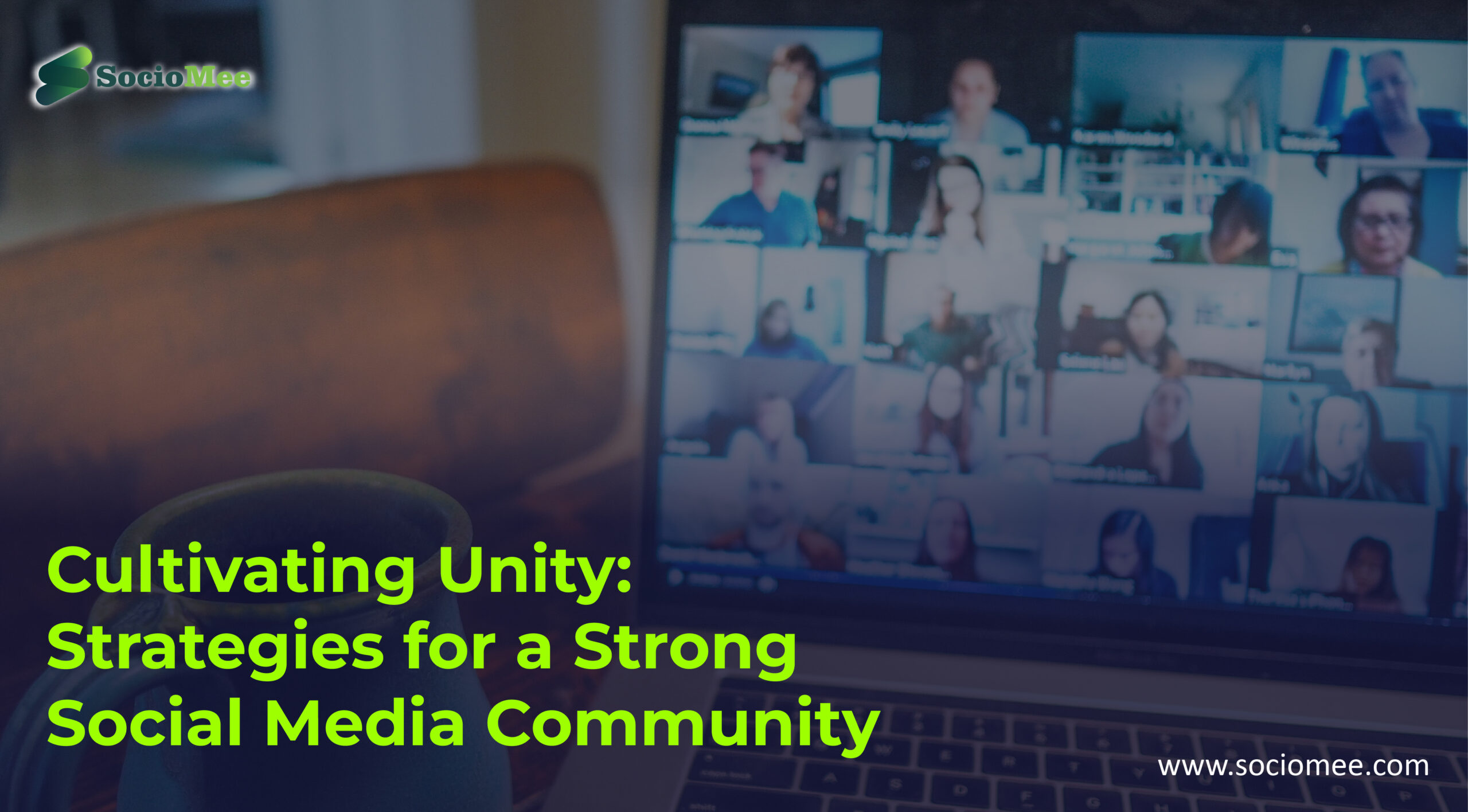In today’s digital age, social media apps and the community it creates have become an indispensable part of teenagers’ lives. With just a few taps on their smartphones, they can connect with friends, share their thoughts and ideas, and discover new trends in real time. However, this constant exposure to social influence has raised concerns about how it affects teenagers’ ethical values.
Do these online communities shape adolescents’ beliefs and attitudes towards what is right or wrong? In this blog post, we will explore the impact of social environments on teenagers’ ethical ideals and discuss some empirical studies that shed light on the subject.
#1. Impact of social media on ethical values
Social media has revolutionized the way people communicate and share information. However, it also raises concerns about its impact on teenagers’ ethical values. Social media platforms are designed to create a sense of community where users can express themselves freely. While this may seem harmless, it can expose teenagers to unethical behavior and attitudes and let us determine the relation between social media community and teenagers.
- One primary concern is cyberbullying, which has become rampant on social media platforms.
- It is easy for users to hide behind anonymity and attack others with harmful messages or comments that can leave lasting psychological scars.
- It creates a culture of bullying that undermines ethical values such as respect for others.
- Another issue is normalizing inappropriate content in online communities, such as hate speech or explicit imagery.
- Teenagers may be influenced by these behaviors and adopt them without realizing the harm they cause.
Also read, What the Future of Video and Audio Streaming on Social Media Might Look Like in 2023
Moreover, social media algorithms reinforce existing beliefs and opinions through personalized feeds catering to individual interests and preferences. This leads to echo chambers where teenagers may not be exposed to opposing views that could challenge their ethics.
While social media provides many benefits regarding communication and self-expression, we must remain vigilant about its potential impact on teenagers’ ethical ideals. Parents should educate their children about responsible online behavior while encouraging open dialogue about what is right or wrong in today’s digital world.
#2. Social Influence on Adolescent Decision-Making
Adolescence is a crucial stage when individuals begin forming their own identities and beliefs. During this time, teenagers are influenced by various factors such as family, peers, school, and media. Social influence plays a significant role in shaping adolescent decision-making because it reflects the norms and values of their society.
Peer pressure is one of the most common forms of social influence that affects adolescents. Friends can substantially impact an individual’s behavior, attitudes, and opinions. For example, if a teenager’s friends engage in risky behavior like smoking or drinking alcohol, it may encourage them to do so.
Moreover, media also plays a vital role in influencing adolescent decision-making by portraying certain behaviors as acceptable or desirable. The rise of social media has further amplified this effect as teenagers now have access to an endless stream of content that can shape their beliefs about what is normal or acceptable.
In addition to peer pressure and media influence, parents play a critical role in shaping adolescent behavior by modeling ethical behavior. Studies show that parental support positively impacts adolescent mental health outcomes and helps build resilience against negative peer or external influences.
- Understanding how social influence impacts adolescent decision-making is crucial for parents and educators who want to promote healthy development during this critical stage of life.
- Promoting positive role models within families while creating supportive communities at schools and online through platforms like social community apps will help create better adults tomorrow!
#3. Empirical Studies of Social Influence
Empirical studies have shown that social influence can significantly impact the ethical values of teenagers. Researchers have conducted experiments to understand how peer pressure and conformity affect adolescent decision-making.
One study by Solomon Asch in the 1950s found that participants were more likely to conform to a group’s incorrect answer when surrounded by people who agreed. It demonstrates the power of social influence and how it can override an individual’s beliefs and values.
Another study by Albert Bandura in the 1960s showed how observational learning, or learning through observation and imitation, can also shape ethical ideals. In his famous Bobo doll experiment, children who observed aggressive behavior towards a doll were likelier to imitate that behavior.
- These empirical studies highlight the importance of understanding the impact of social influence on adolescent development.
- By recognizing these influences, we can work towards creating environments that promote positive ethical values and encourage independent thinking among teenagers.
#4. Social Influence and Brain Development
The teenage years are a crucial period for brain development, particularly regarding decision-making and impulse control. During this time, the prefrontal cortex – the part of our brains responsible for rational thinking and decision-making – is still developing.
Social influence can have a significant impact on how teenagers make decisions. Teenagers may be more likely to choose based on what their peers or social groups believe or do rather than consider ethical values or consequences.
Research has shown that exposure to social influence can affect brain development. For example, studies have found that adolescents who frequently engage with famous individuals on social media platforms tend to have increased activity in the reward centers of their brains. It may make teenagers more likely to engage in “cool” or popular behaviors within their peer group.
However, it’s not all negative news regarding social influence and brain development.
- Positive role models and supportive communities can also be important in shaping adolescent behavior and values.
- While social influence impacts teenagers’ ethical ideals by affecting their decision-making processes during critical periods of brain development, we can use this understanding to promote positive behaviors among young people through solid support systems and positive role modeling.
Connect with new world
#5. What is making teenagers towards the social environment
Teenagers are naturally drawn to their social environment because of various factors. Firstly, adolescents have an innate desire for social connection and acceptance from their peers. Socializing with others in the same age group helps them develop communication skills and build relationships that can last a lifetime.
Moreover, teenagers tend to be more impressionable than adults, which means those around them easily influence them. They may adopt behaviors or attitudes based on what they see in their friends or other famous figures on social media platforms.
Another factor contributing to teenagers’ attraction towards social environments is the availability of technology such as smartphones and tablets. These devices allow constant access to various apps and platforms where teens can connect with others, share experiences, and engage in entertainment activities.
Societal norms also play a role in shaping teenagers’ affinity towards their social community.
- The current culture emphasizes the importance of being well-liked online among peers rather than face-to-face, leading young people to prioritize virtual connections over real-life ones.
- Several factors contribute to why teenagers gravitate towards their social environment today; it’s not just about seeking peer validation but also driven by technological advancements and changing cultural values.
6. Stats of social media towards Teenagers
Social media has become ubiquitous in modern society, and teenagers are undoubtedly the most active users. According to recent statistics, approximately 95% of American teens have access to a smartphone, with 45% stating that they’re “almost constantly” online.
Studies show that social media apps are among teenagers’ most frequently used applications. Instagram is the most popular platform for visual content sharing amongst teens today. Snapchat is also very popular due to its temporary nature, which makes it an ideal place for sharing more personal moments in their lives.
One study found that over half of teenage girls feel social media negatively impacts their self-esteem, while only four per cent said it made them feel better about themselves. It’s important to note that spending extended periods on social apps can lead to feelings of loneliness or depression.
- Furthermore, experts say there is a direct link between excessive social app use and poor physical health habits, such as lack of sleep and less time spent exercising.
- While there may be benefits associated with using social community apps like staying connected with friends or learning new things, too much usage can lead adolescents physically and mentally down destructive paths.
Connect with new social community
#7.Social Media on Relationships
Social media has changed the way we interact with each other, and this includes our relationships. With social media platforms like Facebook, Instagram, and Twitter at our fingertips, it’s easier than ever to stay connected with friends, family members, and romantic partners.
One of the biggest impacts that social media has had on relationships is in the realm of communication. Whether you’re sending a quick text message or leaving a comment on someone’s post, it’s easier than ever to stay in touch with those who matter most to us.
Another way that social media affects relationships is by providing increased transparency into our lives. We can share photos and updates about what we’re doing throughout the day, which allows others to feel more connected to us even if they’re far away.
However, there are also some downsides when it comes to social media and relationships.
For example, jealousy can be amplified through constant online interaction with an ex-partner or seeing your partner constantly interacting with other people online can cause trust issues.
Furthermore when couples overshare personal details about their relationship conflicts as posts over social networks without sorting out together, this may create unnecessary drama for themselves from outside parties which could lead them towards more misunderstandings rather than resolving problems together .
Social media can have both positive and negative effects on our relationships depending on how we use it but It’s important for everyone to use these channels in ways that promote healthy interactions as well as taking necessary steps such as keeping boundaries around privacy .
#8.Stats of social media and its impact towards sales.
Social media or social media apps have revolutionized the way businesses reach out to their customers. With millions of users active on social media at any given time, it’s no wonder that companies are investing heavily in social media marketing. But just how effective is this form of marketing when it comes to boosting sales?
According to a recent study by Hootsuite, 73% of marketers report that social media has been “somewhat effective” or “very effective” for driving sales.
It’s not hard to see why – with targeted ads, sponsored posts and influencer collaborations, brands can reach a highly engaged audience who are more likely to make purchases.
Furthermore, Instagram alone has over 1 billion monthly active users and is projected to generate $18 billion in ad revenue by 2021. This highlights the enormous potential for brands looking to tap into this market.
But it’s not just about direct sales – social media also plays an important role in building brand awareness and loyalty. By creating engaging content and interacting with followers on a regular basis, businesses can establish themselves as thought leaders in their industry and foster long-term relationships with customers.
The impact of social media towards sales cannot be ignored. While there are many factors that contribute towards successful marketing campaigns, there’s no denying that social media offers a unique opportunity for businesses looking to expand their reach and boost sales figures.
Support today and make better tomorrow
Conclusion
It’s clear that social media has had a profound impact on our lives and interactions with others. From connecting us to people around the world to shaping political discourse, social media has become an integral part of modern society.
As we’ve seen throughout this article, there are both positive and negative aspects to social media. While it can enhance communication and collaboration in many ways, it can also lead to addiction, misinformation, and cyberbullying.
It’s up to each individual to use social media responsibly and critically evaluate its impact on their life. By doing so, we can harness the power of these platforms for good while minimizing any negative effects they may have.









